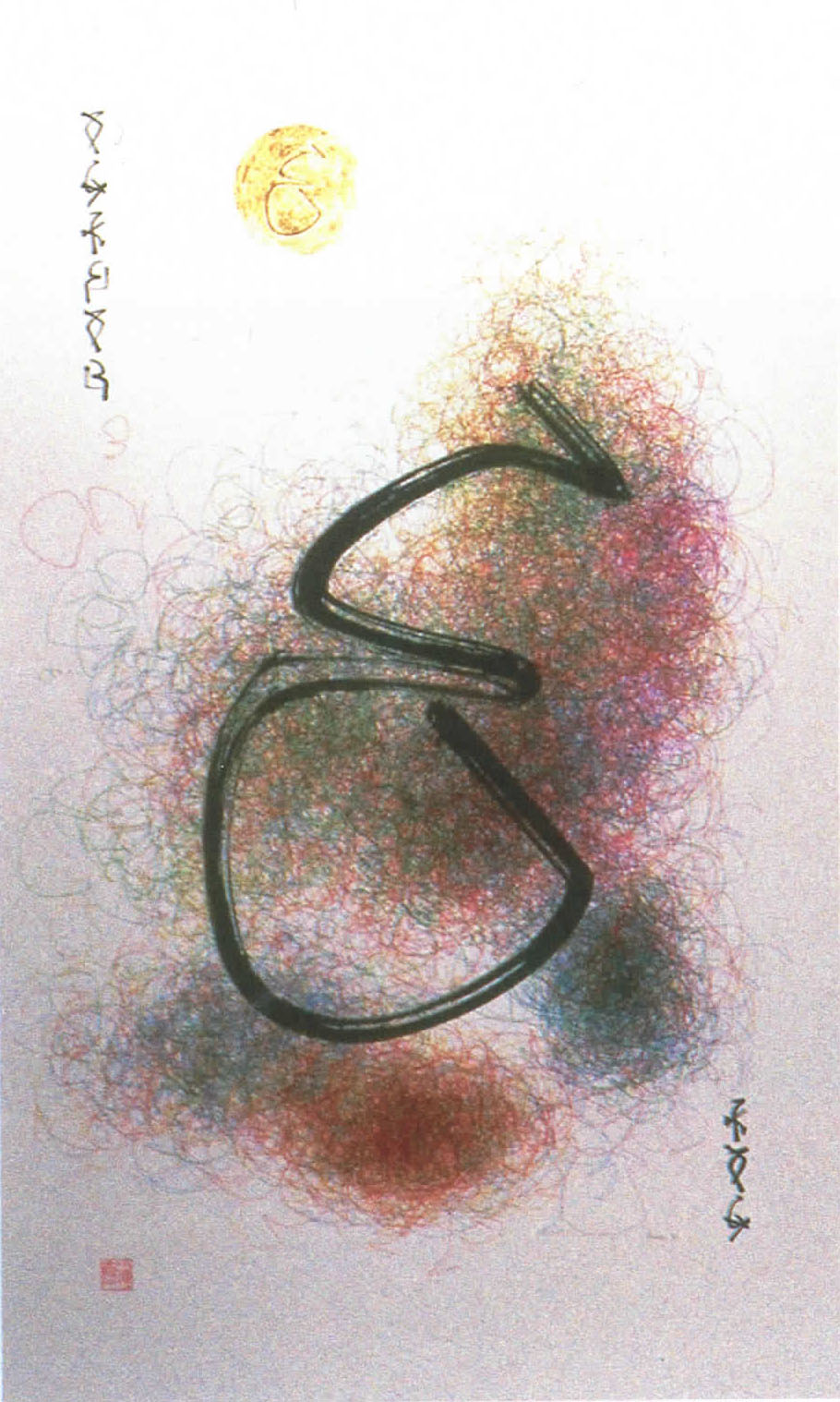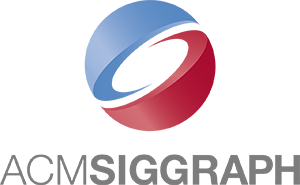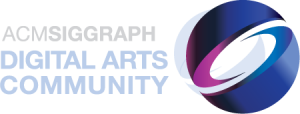Roman Verostko: Nested Swallow
Artist(s):
Title:
- Nested Swallow
Exhibition:
Creation Year:
- 1995
Medium:
- ink on paper
Size:
- 44" by 30"
Category:
Keywords:
Artist Statement:
My work represents 50 years of exploring worlds of unseen form. The procedures evolved from early 20th century artists who pioneered the fine art of painting and sculpting “unseen form” known as “abstract art.” With the advent of computers, this adventure led to composing instructions (software) for generating worlds of form that are accessible only with extensive computing. By joining software form generators with fine arts practice, I create aesthetic objects to be contemplated much as we contemplate the wondrous forms of nature. The software, written with Basic and Digital Microprocessor/Plotting Language (DM/PL™), automatically generates work that follows the artist’s instructions.
A fine art form generator specifies the procedures for initiating, developing, and improvising an artist’s art-making idea. Such a form generator may be likened to a biological genotype, since it contains the coded information for generating the form. The procedure for executing the code, somewhat analogous to biological epigenesis, grows the art form. The creation and control of these instructions provide an awesome means for an artist to visualize form-growing concepts. Such routines provide access to an infinity of visual worlds never before seen by the human eye. It is noteworthy that such procedures hold much in common with processes associated with crystallization and genetics.
Works are executed with a multipen plotter coupled to a PC driven by the software. The plotter, choosing from an array of pens loaded with inks mixed in the studio, draws each individual line. Most works require thousands of lines and frequent pen changes, which are software controlled. An optional brush routine allows the occasional substitution of a brush for a pen. All brush strokes are plotted using Chinese brushes adapted to the machine’s drawing arm. One recent series of illuminated digital scripts is reminiscent of medieval manuscripts. Many of these works are enhanced with a touch of gold or silver leaf applied by hand. However, the design elements illuminated with gold are always code-generated and machine-plotted.
Over the years the software has evolved by stages, yielding a series of works for each stage – Pathway, Gaia, Glyph, Scarab, Apocalypse, and Ezekiel. Each of these series has distinctive formal qualities associated with its form generators. None of the works are made with intentional representations in mind. Rather, each work presents one more adventure into a world of forms that have never been seen before. This art does not represent some sort of subject or object. Just as one might label this or that flower, so also I label this or that art form. Titles are therefore arbitrary and often derived from evocative qualities associated with the work.
The art works are visual manifestations of the dynamic procedures by which they grew. They may be viewed as visual celebrations of the information processing procedures embedded in today’s culture. The finished works invite us to savor the mystery of their coded procedures, whose stark logic yields a surprising grace and beauty. These procedures provide a window on those unseen processes from which they are grown. By doing so, they serve as icons illuminating the mysterious nature of our evolving selves.





